10 Arabic words that don't have an exact English equivalent
Discover 10 Arabic words that beautifully capture emotions and concepts beyond translation, revealing the richness of the language.
Dubai Desk
The Dubai Desk reports on major developments across the UAE, covering news, culture, business, and social trends shaping the region.
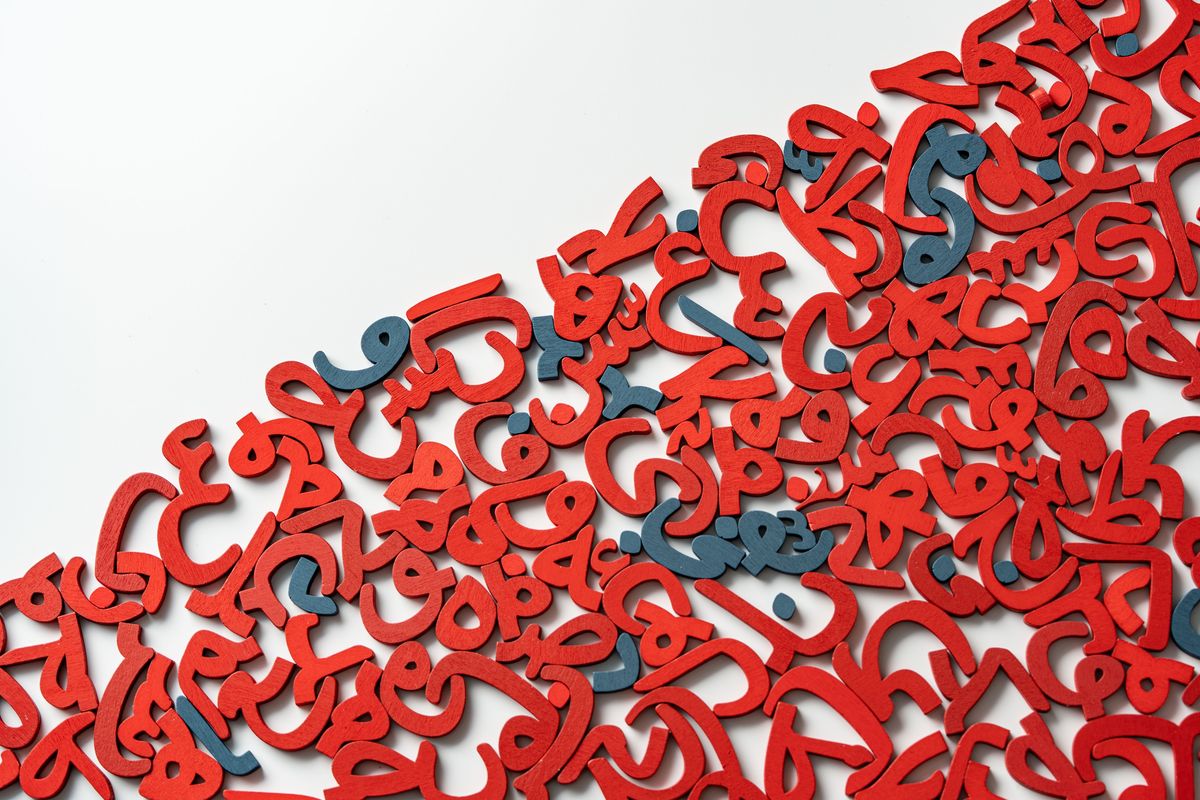
The Arabic language is a treasure trove of poetic expressions, cultural nuances, and emotional depth.
Shutterstock
The Arabic language is a treasure trove of poetic expressions, cultural nuances, and emotional depth. Its words often carry meanings that transcend simple translation, reflecting the richness of Arabic-speaking cultures. Here’s a list of 10 Arabic words that have no direct equivalent in English, each offering a glimpse into the unique beauty of the language.
1. طرب (Tarab)

A deep emotional state of joy and ecstasy, often experienced through music or poetry. Tarab embodies a connection to art that touches the soul.
2. غربة (Ghorba)
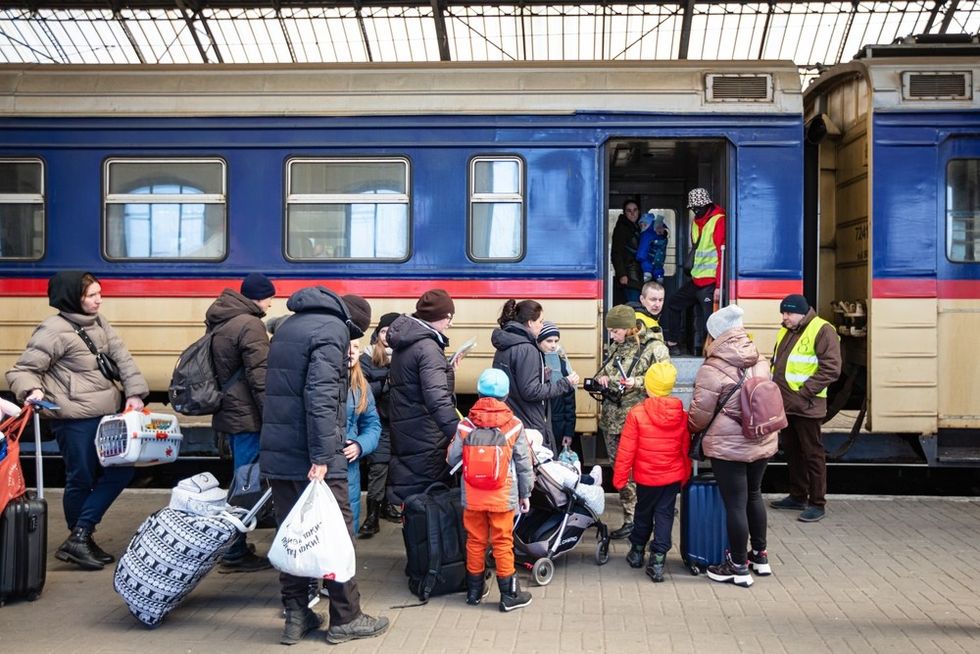
This word describes the bittersweet feeling of homesickness or alienation when living away from one’s homeland, resonating deeply with migrants.
3. هيام (Heyam)

A word for love so intense that it borders on madness—a level of passion that transcends rationality.
4. حنين (Haneen)
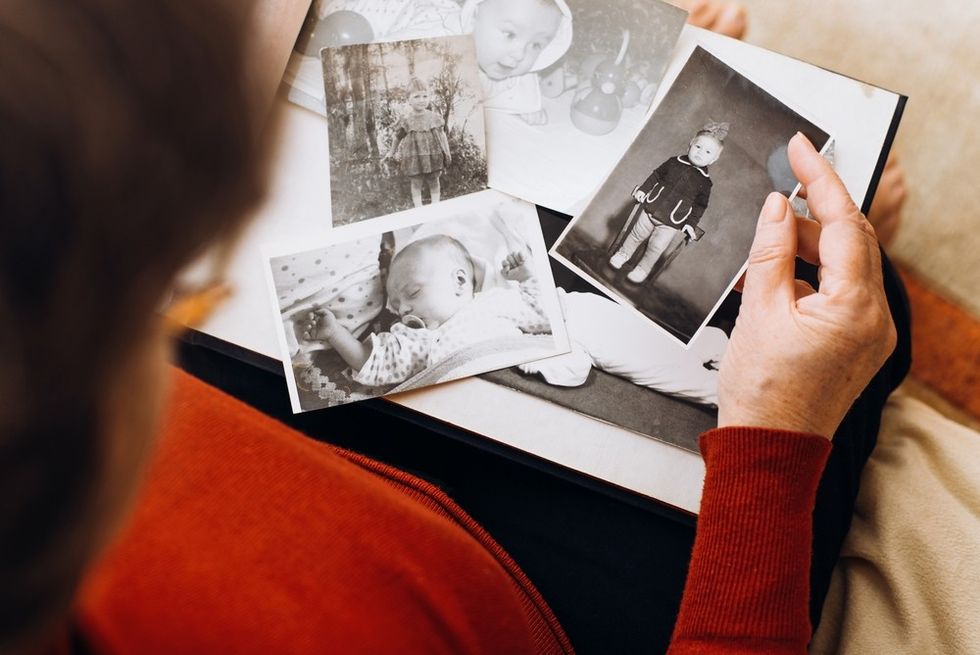
A deep, nostalgic longing for something or someone, reflecting both joy and sadness.
5. إيثار (Ithar)
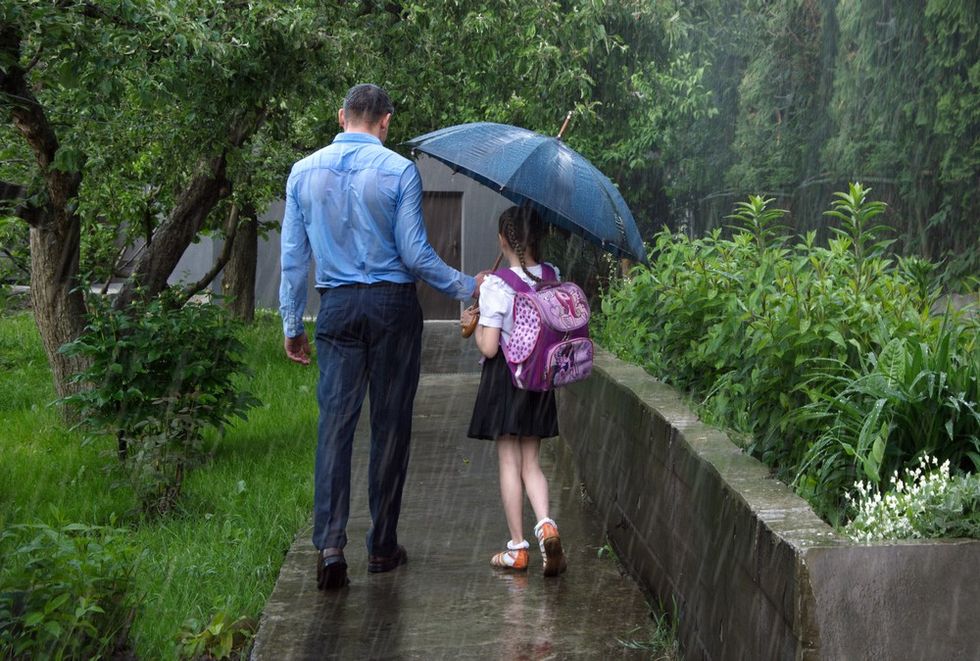
Selflessness or altruism. Ithar describes the act of prioritizing others’ needs above your own, a value deeply rooted in Arab culture.
6. كفاف (Kifaf)
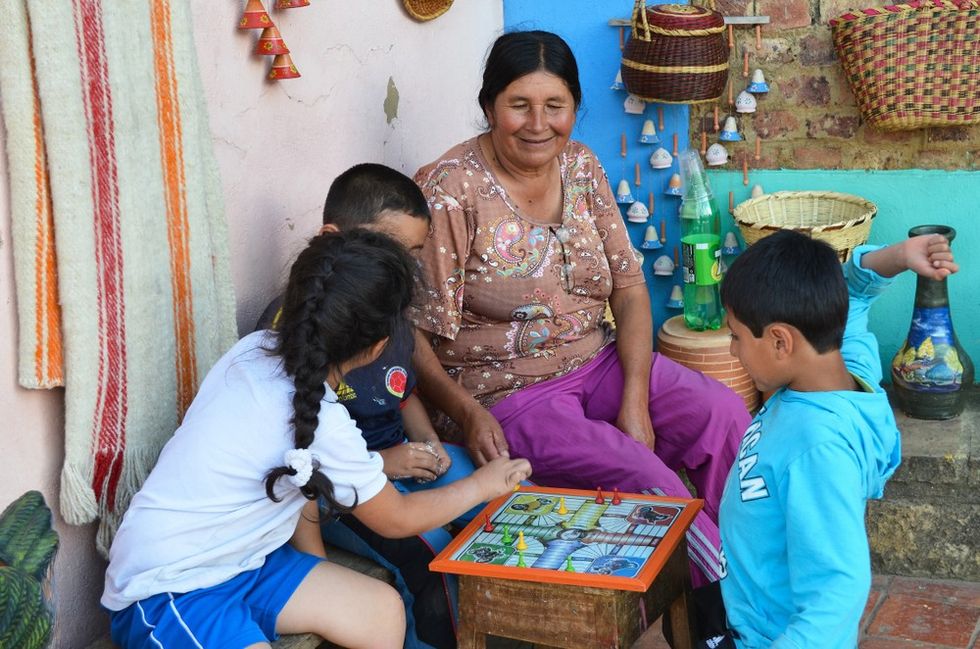
The concept of having just enough—neither too much nor too little—emphasizing contentment and balance.
7. شماتة (Shamata)

This term conveys the feeling of taking pleasure in someone else’s misfortune. While universally frowned upon, it’s a concept encapsulated in a single word in Arabic.
8. سمر (Samar)

Nighttime conversations under the moonlight, often involving storytelling, poetry, or deep discussions.
9. فزعة (Faz’a)

The act of rushing to help someone in need, driven by a sense of duty, solidarity, and community spirit.
10. راق (Raq)

Entering a state of serenity and calm, often referring to a peaceful atmosphere or a tranquil mind. This word in common in the Levantine Arab states.
These untranslatable words showcase the complexity of human emotions and experiences. They reflect cultural values and offer a deeper understanding of how Arabic-speaking communities view the world.
So, next time you hear a melody that moves your soul, think of Tarab. Or when you feel a wave of longing for a place you once called home, let Haneen capture that sentiment. Language is more than just words—it’s a window into our shared humanity.







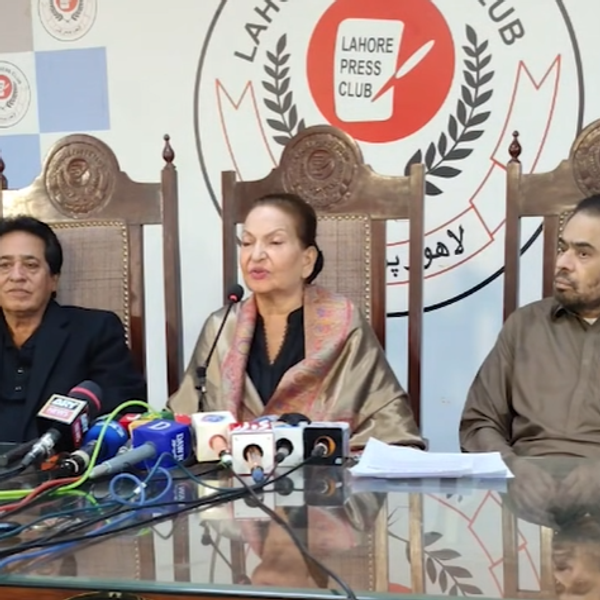


Comments
See what people are discussing